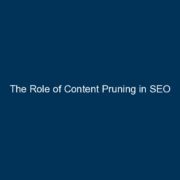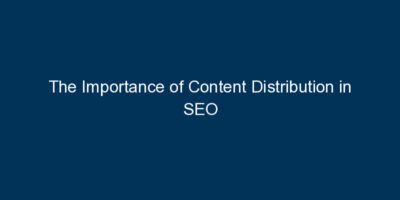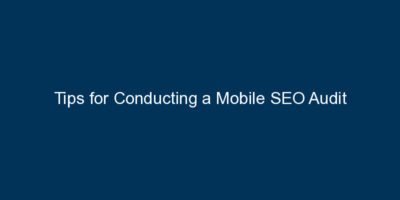Introduction: In the fast-paced digital landscape, where attention spans are fleeting, page speed emerges as a critical factor influencing user experience and SEO rankings. This blog delves into the significance of page speed, exploring its impact on search engine optimization and providing actionable insights for improving your website’s loading times.
1. Page Speed Defined: Beyond a Matter of Seconds: Page speed refers to the time it takes for a web page to fully load. It’s not just about user convenience; search engines use page speed as a ranking factor. Faster-loading pages not only enhance user satisfaction but also contribute to improved search rankings.
2. User Experience: The Nexus of Speed and Satisfaction: Page speed and user experience share an intimate connection. Users expect instantaneous access to information, and a delay of even a few seconds can lead to frustration and increased bounce rates. Prioritizing page speed directly influences how users perceive and engage with your website.
3. Impact on SEO Rankings: A Decisive Factor: Search engines, particularly Google, consider page speed a crucial factor in determining search rankings. Faster-loading pages are more likely to rank higher in search results, providing a competitive advantage. Google’s emphasis on user-centric factors positions page speed as a key metric in SEO algorithms.
4. Mobile Page Speed: Aligning with Mobile-First Indexing: As mobile searches surpass desktop queries, mobile page speed becomes paramount. Google’s mobile-first indexing prioritizes mobile-friendly and fast-loading pages. Optimizing your website for swift mobile experiences not only satisfies users but also aligns with evolving search engine preferences.
5. Factors Influencing Page Speed: Identifying Bottlenecks: Several factors influence page speed, including server response times, large image files, excessive plugins, and unoptimized code. Conducting a thorough analysis to identify and address these bottlenecks is essential for improving overall page speed and, consequently, SEO performance.
6. Tools for Page Speed Measurement: Gauging Performance: Various tools, such as Google PageSpeed Insights and GTmetrix, enable you to measure your website’s page speed and identify areas for improvement. Regularly using these tools to assess and enhance page speed ensures that your website remains optimized for both users and search engines.
Conclusion: Page speed is more than a technical metric; it’s a critical determinant of online success. By understanding the definition of page speed, acknowledging its impact on user experience and SEO rankings, prioritizing mobile page speed, identifying influencing factors, and utilizing tools for measurement, you empower your website to thrive in the competitive digital landscape.























Comments